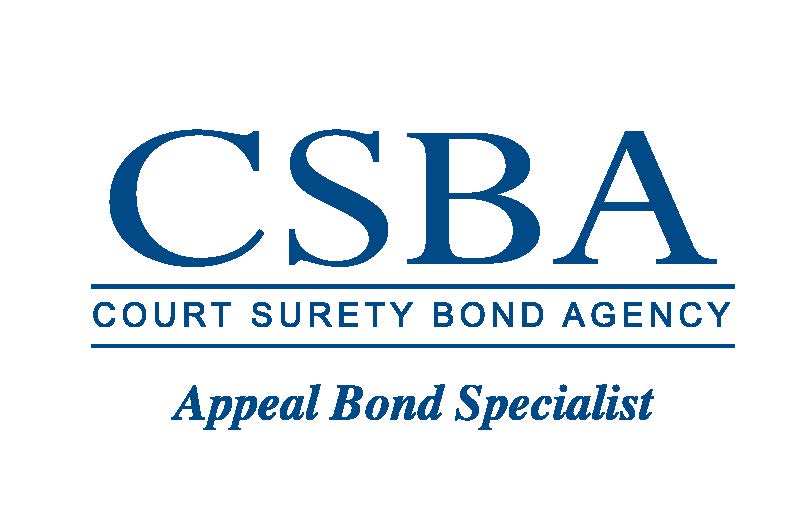By Amy Dilday
This month, the Florida Supreme Court released three substantive opinions, one of which resolved a conflict between the district courts of appeal and another with an interesting twist on the law of the case doctrine. It also released three opinions amending various rules of court, one (dealing with diversity requirement in judicial continuing education) contains a dissent.
Parrish v. State Farm Fla. Ins. Co., No. SC21-172 (Fla. Feb. 9, 2023). In Parrish, the supreme court resolved a conflict between the Second and Third DCAs. The court answered the question presented (“May the president of a homeowner’s public adjusting firm, which is to be compensated on a contingency basis for its adjusting services, subsequently serve as a ‘disinterested” appraiser under the language of an insurance policy?”) in the negative, agreeing with the Second DCA.
Walls v. State, No. SC22-72 (Fla. Feb. 16, 2023). In Walls, the supreme court affirmed the denial of a prisoner under sentence of death’s successive postconviction motion, which was based on his claim of intellectual disability. The supreme court held that the Supreme Court of the United States’ opinion in Hall v. Florida, 572 U.S. 701 (2014) is not to be applied retroactively. This holding was despite the fact that in the prisoner’s appeal from the denial of a prior postconviction motion, the supreme court reversed and remanded for an evidentiary hearing after determining that Hall did apply retroactively. Walls v. State, 213 So. 3d 340 (Fla. 2016). In the intervening years, the supreme court receded from its earlier decision in Walls and held that Hall is not retroactive. In the current opinion, the court rejected not only the argument that its recission of the Walls decision was incorrect, but also that the doctrine of the law of the case applied. Rather, it concluded that an exception to the law of the case doctrine for intervening changes in controlling law applied.
Dillbeck v. State, No. SC23-190 (Fla. Feb. 16, 2023). Affirming the denial of a fourth successive postconviction motion and denying a habeas petition because the prisoner’s claims, among other things, were untimely and without merit.
Rules Amendments:
In re: Amendments to Fla. Prob. R. 5.040, 5.330, and 5.930. SC22-1137 (Fla. Feb. 2, 2023). Rule 5.040 was amended to clarify that evidence of delivery is not required for formal service by first class mail; Rule 5.330 was amended to conform with Rule 5.400; and Rule 5.930 creates a new form affidavit for use by a custodian of an electronic will. The amendments will be effective April 1, 2023.
In re: Amendments to R. Regulating Fla. Bar – Ch. 6 & 21, No. SC22-1291 (Fla. Feb. 2, 2023). The amendments to rules 6-3.6, 6-10.3, 6-12.4, and 21-3.1 are “mostly minor technical changes.” Rules 6-22.1 and 6-22.3, however, were amended to close certification in antitrust and trade litigation to new applicants. There have been no applicants for certification in these specialties for the past 12 years. The amendments become effective April 3, 2023.
In re: Amendments to Fla. R. Gen. Prac. & Jud. Admin. 2.320. No. SC22-114 (Fla. Feb. 2, 2023). The court, on its own motion, amended the rule to align it “with recent changes to the policies and procedures of the Florida Court Education Council.” In a rare dissent to a rule amendment opinion, Justice Labarga disagreed with the court’s removal of “the terms ‘fairness’ and ‘diversity’ from the course topics that Florida’s state court judges may use to satisfy their continuing judicial education ethics requirement. The majority commented that removing the language allowing “approved courses in fairness and diversity” was needed to avoid an overbroad description of approved courses. It noted that a course in “fairness and diversity” may not relate to judicial ethics at all. The majority confirmed that course content on “procedural fairness and nondiscrimination will continue to qualify for ethics credit.” Comments are permitted through April 18, 2023.



